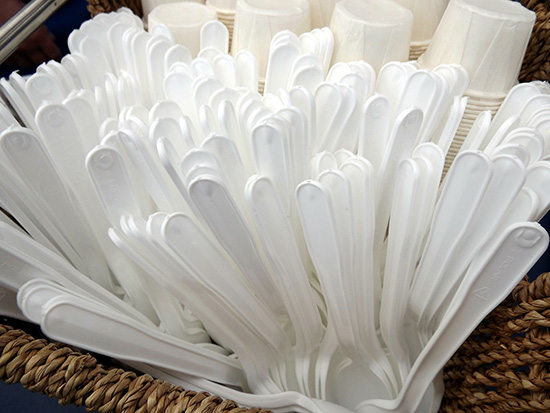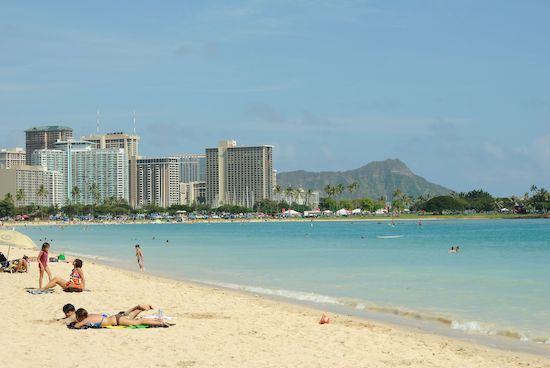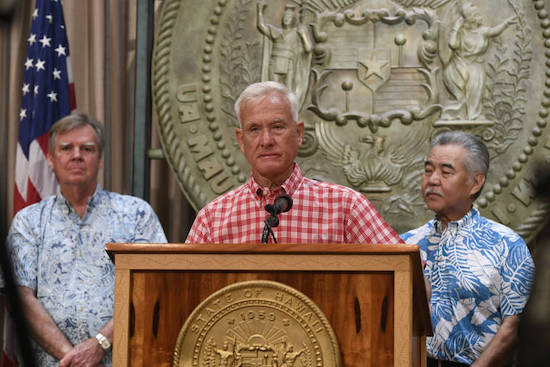
The problems with getting off the grid
WCC in partnership with Johnson Controls will be shortly installing three large arrays of solar panels and battery storage over the three large parking lots near Hale Aʻo, Hale Alakaʻi, and Hale Pālanakila. This will produce enough energy to dramatically reduce our carbon footprint, reduce our peak demand, save money and contribute to the state of Hawai‘iʻs goals to arrive at net zero carbon footprint by 2045.
One question that often comes up when the panels are being discussed is: Will this allow WCC to be self-sufficient–to get off the grid? While the idea of getting off the grid is exciting, it is a lot harder than we imagine and reveals some of the problematic ways we think about sustainability.
First, getting off the grid is technologically challenging. Electricity storage options are limited, and solar power is dependent on the sun, which can be frustratingly unpredictable.
Several weeks of cloudy weather can make any solar system totally useless. These technological problems demonstrate the limits of current solar options.
Second, the concept of getting off the grid reveals the ways that sustainability is couched in terms of individualism. We perceive sustainability as the collective results of individual choices to eat less meat, to drive a smaller car or to recycle.
While individual decisions are important, the biggest impacts on the environment are produced by larger corporations and the larger political and economic systems that support and enable these corporations to pollute.
Humanity’s greatest accomplishments and biggest mistakes come from our unique ability to work together collectively and organize institutions and systems to accomplish things.
To really make a difference, we need to transform these systems. Rather than making WCC self-sufficient, we need to be working together to make the energy systems for the entire state resilient and sustainable.
Third, American society idealizes self-sufficiency. We are drawn to stories of people who get away from it all and escape the dependency of modern society. In Hawai‘i, with potential disruptions to our energy grid like a major hurricane, self-sufficiency is a growing concern. The problem is that our society has been moving away from self-sufficiency for decades, and we are now completely dependent on global supply chains for almost everything we need to survive.
In a recent ethnography entitled The Grid: The Fraying Wires Between Americans and Our Energy Future, anthropologist Gretchen Bakke describes the historical development of our current model of energy production and its problematic future.
She documents how the first energy systems were for individual houses and factories but gradually transformed into the nearly continental grids in the U.S. today because it turns out that “sharing, when it comes to electricity, is simpler and more cost effective, than doing it for oneself.” She argues that we need to develop decentralized virtual grids that adapt flexibly to variable production and demands across the system.
What we need then is better designed systems that make it easier and more cost effective for everyone to reduce their impact on the planet. As individual citizens, we need to understand our political, economic and energy systems and then change them to reflect our values and reduce our collective impacts.
by Christian Palmer




